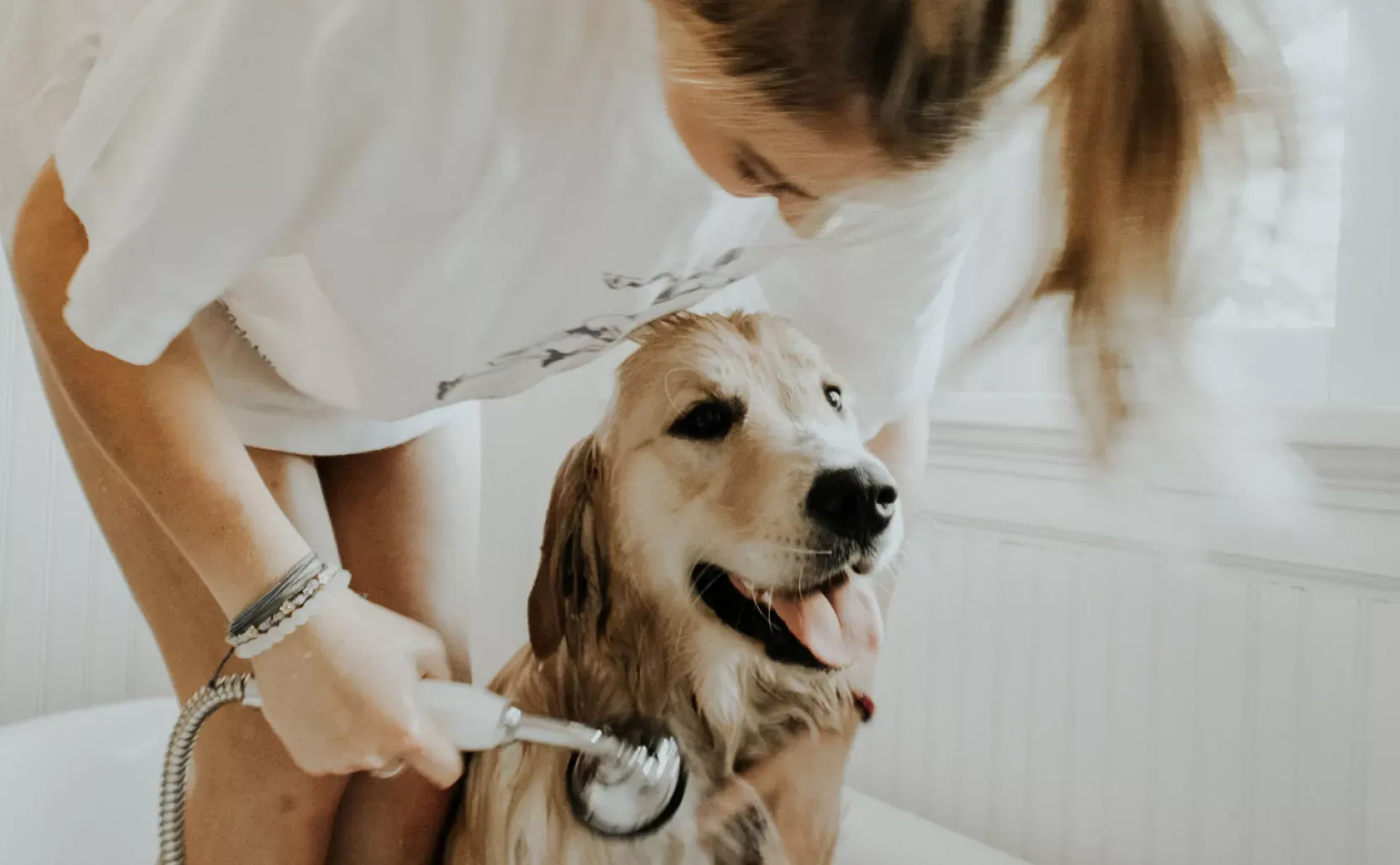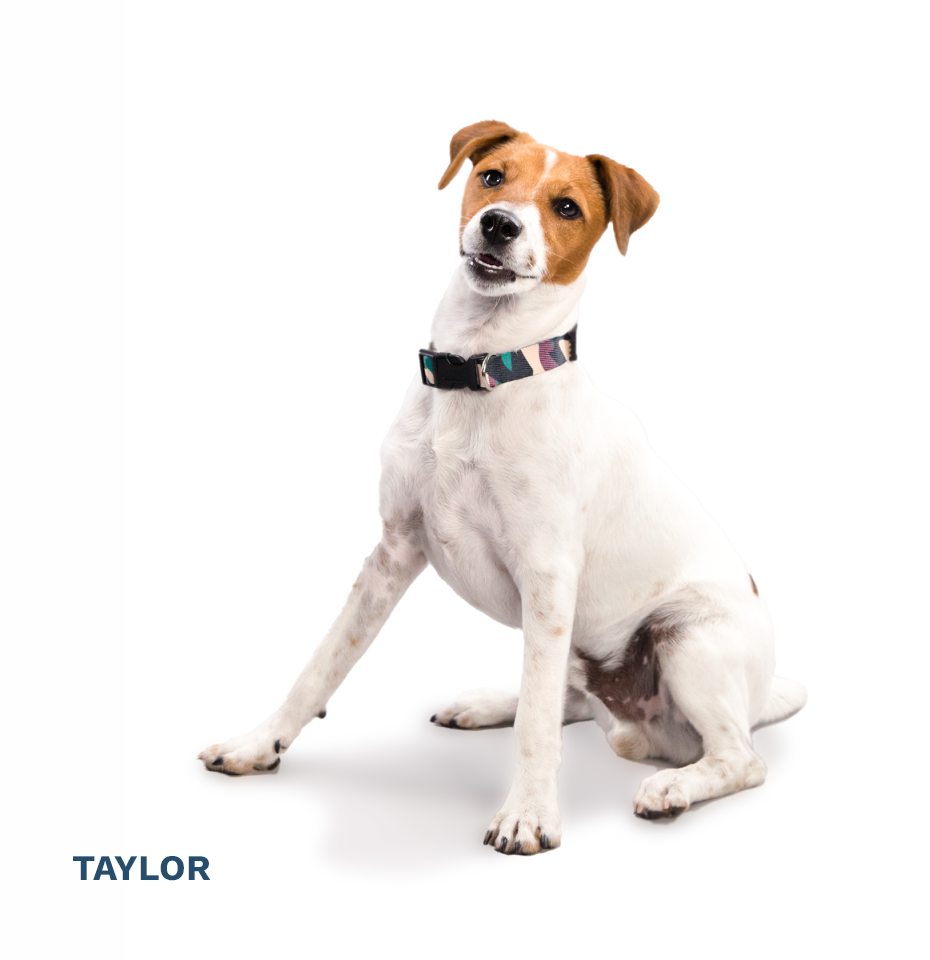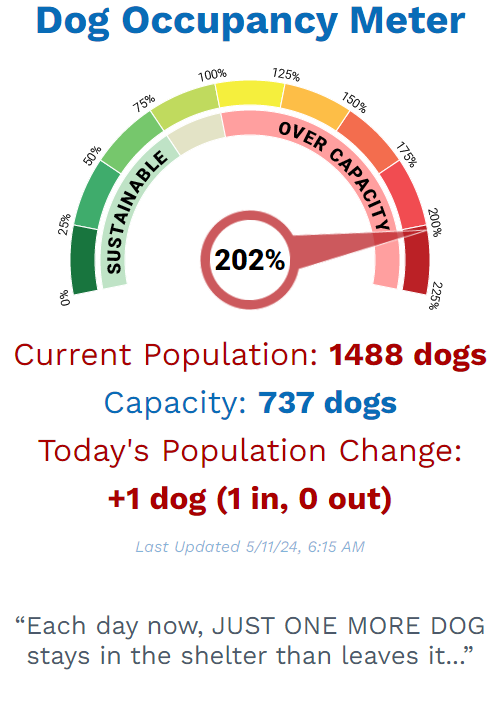
Planning Your Pet's Future
Companion animals may end up all alone with no one to care for them due to their owner’s unexpected illness, accident, hospitalization, or death when no arrangements have been made for their care.
By planning for the unexpected, you can ensure that your furry family member has food, water, shelter, proper care and love if you are no longer able to provide for them. Proper planning can help guarantee your best friend is well cared for in the event that something unexpected happens to you. Here is some information to get you started.

Because pets need care daily and will need immediate attention should you become incapacitated, making informal arrangements for temporary care is important.
- Identify two responsible individuals who are comfortable with your pet and agree to serve as temporary emergency caregiver for your pet.
- Provide these individuals with keys to your home, your veterinarian’s contact information, your pet’s medical information and any medications, feeding and basic care instruction and information pertaining to your arrangements for permanent care.
- Make sure your neighbors, friends, and relatives know how many pets you have and the names and contact numbers of the individuals who have agreed to be emergency caregivers. Emergency caregivers should also know how to contact each other.
- Carry a card in your wallet with the information about the number and type of pets you have as well as the contact information for your emergency caregivers.
- Post “In Case of Emergency” signs on your doors or windows with the number and type of animals inside. These signs will alert emergency responders during a fire or other home emergency. Stickers are not recommended because they are hard to remove and often left behind by past residents, so firefighters may assume that the sticker is outdated or, worse, risk their lives trying to find a pet no longer in the house.
- Attach to the inside of your front and back doors a removable notice listing the contact information for your pet’s emergency caregivers.

The best way to make sure your pet is cared for permanently should you become seriously ill or die is to make formal arrangements through a will, trust or another official document. It’s not enough thatlong ago your friend verbally promised to take in your animal or even that you’ve decided to leave money to your friend for that purpose.
- Make official arrangements in your Will or Trust documents that outline your wishes for the care and security of your pet after you are gone. To do this, it is important that you seek advice from an attorney or professional who can help ensure that everything is in order to protect your pet’s future. Your lawyer will work with you to draw up a special will, trust or other document to specify new ownership of your pet. You can also include the money to care for him or her.
- When choosing a home for your beloved pet, keep in mind that a new environment and being without you will be a stressful situation. Try to choose an individual that will provide your pet with comfort, security, and the level of care that you would want for your pet.
- If you have multiple pets, decide whether you want all of your pets to go to one person, or whether different pets should go to different people. If possible, try to keep pets that have bonded together.
- Choose one or two alternate caregivers in case your first choice becomes unable or unwilling to take your pet
- Discuss your wishes and expectations as well as the responsibilities of caring for your pet with potential caregivers. Keep in mind this individual will have full responsibility including choices about veterinary care and euthanasia.
- Stay in touch with the designated caregivers and alternates. . Sometimes life situations change and one person may no longer be able to provide care due to changes of their own.
- It can take days or weeks for your will to be legally recognized and acted upon, therefore it is important to provide your executor or personal representative with both your emergency caregiver’s and permanent caregiver’s contact information (the emergency and permanent caregiver may or may not be the same). This will ensure your pet will be cared for in the interim. You should also authorize your executor to be able to disperse funds (should your will have a provision for it) to both the emergency and permanent caregivers to help them pay for any transporting expenses to their new home if necessary and the added expenses of food and medicine for your pet.

Most humane organizations do not have the space or resources to care for your companion animal indefinitely and cannot guarantee that someone will adopt your animal. There are some organizations that may be able to board and care for your pet temporarily until they can be adopted by a new caregiver.
For a fee or donation, there are a few organizations that specialize in long-term care of pets of deceased owners and will find your pet a new home or care for your pet for the rest of their life. Before making any formal arrangements, visit the organization you have in mind to see how animals are cared for and what policies and procedures exist regarding placement with a new family. Also look at their financial records and make sure they will be in business when you need them. If you decide to entrust the care of your animal to an organization, choose a well-established organization that is successful in finding good homes for pets quickly.

When you create a trust for your pet, you set aside money to be used for your pet’s care and you specify a trustee to control the funds. A trust created separately from the will carries certain benefits.
- You can determine ahead of time when the trust becomes effective. You may decide that the trust take effect on the day that you pass away or in the event that you become incapacitated for a certain number of days due to illness, an injury or accident.
- You may exclude certain assets from the probate process, typically enacted upon your death, guaranteeing that funds are available to take care of your pet in the short-term.
- It is enforceable in court if the trustee fails to abide by its terms unlike a bequest to an individual for the care of your pet, which is not enforceable if the beneficiary does not use it as intended.
Note: This general information is intended to help you think about options for your pet when you can no longer care for them. It is not intended to be financial or legal advice. Please consult an attorney or qualified adviser to make choices that best fit your situation.

















